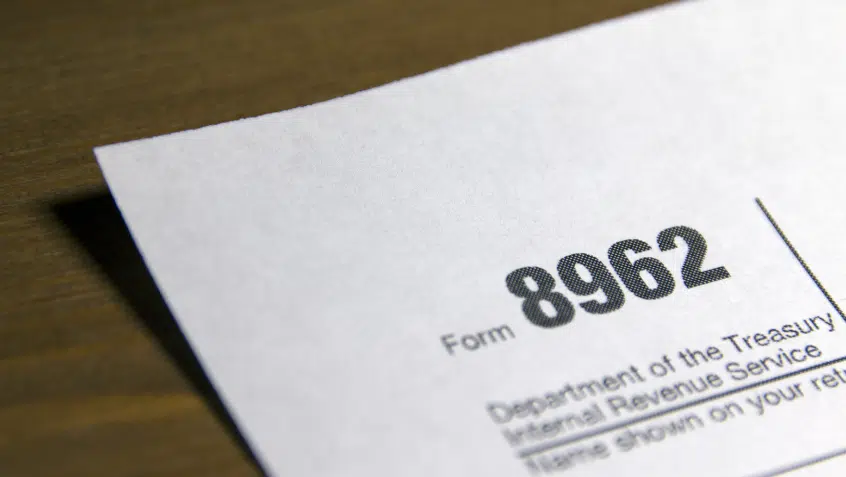Medicare Rights Center Applauds Introduction of The Medicare Part B Fairness Act

The Medicare Rights Center applauds Congresswoman Katie Hill (D-CA-25) and Congressman Brian Babin (R-TX-36) for introducing The Medicare Part B Fairness Act (H.R. 1788) in the U.S. House of Representatives.
The bill would improve the health and economic security of people with Medicare by limiting the amount and duration of the Part B Late Enrollment Penalty (LEP) and by expanding Special Enrollment Periods (SEPs) to include people with pre-Medicare coverage other than employer-sponsored group health plans.
If a person is receiving Social Security benefits as they reach Medicare eligibility, they are automatically enrolled into Medicare Part B. But as many people work later in life and defer their Social Security benefits, they may not be aware that such a deferral means they must make an active enrollment choice, taking into consideration Medicare’s complex enrollment rules and timelines. If this transition is mismanaged, individuals new to Medicare may face lifetime late enrollment penalties, higher health care costs, gaps in coverage, and disruptions in care continuity.
The Medicare Part B Fairness Act would help prevent these costly errors by increasing access to SEPs, making it easier for more people to enroll in Medicare after their existing coverage ends.
Allowing people with additional types of pre-Medicare coverage—such as COBRA and retiree insurance—access to a Special Enrollment Period will greatly improve Medicare transitions from non-employer coverage. Medicare Rights welcomes this long overdue reform.
The bill would also limit the scope of the Part B LEP.
Though designed to encourage enrollment when one is first eligible, this lifetime penalty is also imposed on those who simply make a mistake. For as long as they have Medicare, these individuals must pay their regular monthly Part B premium and an additional 10% for each year they delayed signing up.
In 2017, an estimated 701,000 people with Medicare were paying a Part B LEP, with the average penalty amounting to a 31% increase in their monthly premium. The Medicare Part B Fairness Act would cap the penalty at 15% of the monthly premium and limit the length of time it could be levied to twice the period of delayed enrollment.
We support this more reasonable approach. While it is important that a penalty appropriately deter those who might actively seek to avoid Medicare enrollment, it must not punish those who make honest mistakes. People with Medicare call the Medicare Rights Center’s national helpline every day because they are confused about whether they need to enroll in Part B, or because they made a mistake and are now struggling with lifetime penalties or gaps in their health coverage. We need commonsense reforms that help prevent these mistakes. Thank you to Reps. Katie Hill and Brian Babin for introducing the Medicare Part B Fairness Act, and for promoting the health and well-being of people with Medicare.
Read the bill at congress.gov.
[x_author title=”About the Author” author_id=””]
The Latest
Most Read
Add Medicare to Your Inbox
Sign up to receive Medicare news, policy developments, and other useful updates from the Medicare Rights.
View this profile on InstagramMedicare Rights Center (@medicarerights) • Instagram photos and videos









